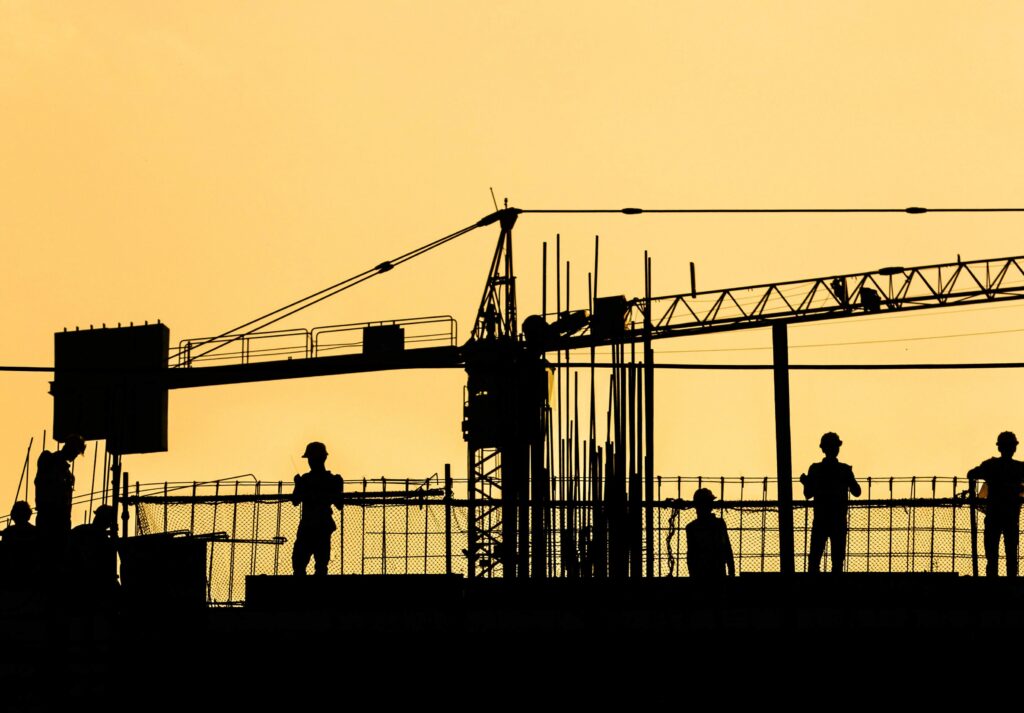On 1 July 2019, it became compulsory for construction service providers other than architects to have their civil liability and professional indemnity covered. This law of 25 April 2019 aims at complementing the law 11 May 2017 concerning the ten-year structural warranty in housing construction.
However, the scope of application and the consequences of the law of 2019 are significantly different:
1. the ten-year structural warranty under Articles 1792 and 2270 of the Civil Code is not included under the legal obligation to have insurance, and
2. contractors and real estate developers are both excluded from its scope of application.
What needs to be insured by whom?
For housing constructions in Belgium:
- the architect, the contractor and the engineering firm have to insure their ten-year liability.
- the architect, the engineering firm, the surveying experts and the health and safety coordinator are required by law to insure their professional indemnity.
For all other construction projects (non-housing construction) in Belgium: the architect, the engineering firm, the surveying experts and the health and safety coordinator are required by law to insure their professional indemnity.
Although harmonisation of the existing rules would be more than welcome, these laws made a significant step forward, long-awaited by construction project owners who frequently have to face the insolvency of construction professionals involved in the realisation of their construction project.
***
For any question or request for assistance, please contact Thomas Braun and Alexia Faes.
thomas.braun@simontbraun.eu
alexia.faes@simontbraun.eu
+32 (0)2 543 70 80

